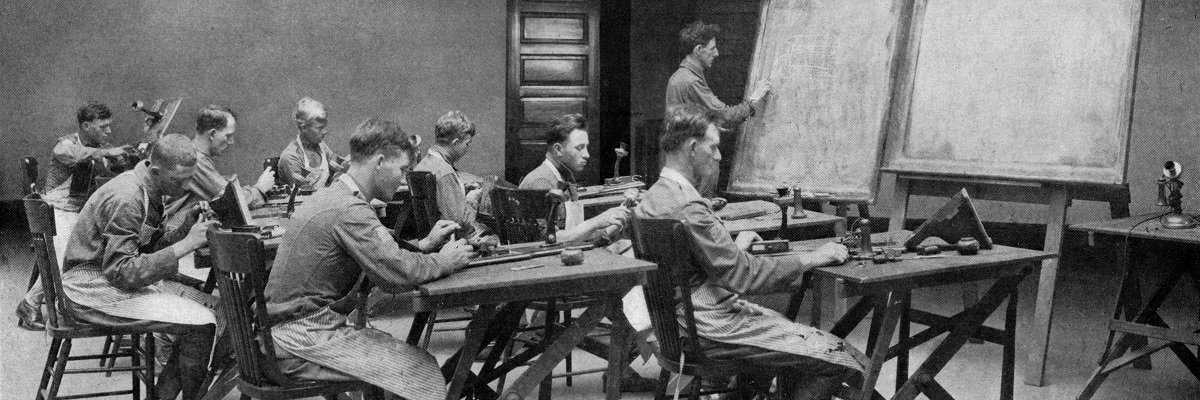Emmy-award winning journalist Lynn Walsh joined us on MuckRock’s Slack channel last Friday, where she shared her advice on using FOIAs in an investigative piece.
Got a gut feeling, feeling
If you are on a deadline and only have time to interview sources, run the best bullet-proof story you can.
If Walsh thinks a story is worth investigating, she tries to work beyond the fast-paced news cycle, but then follows-up with public records requests.
“Trust that ‘gut feeling’ you get when talking to people. If it seems like they may be hiding something or trying to sell you on an angle, dig deeper,” Walsh said.
It’s a marathon, not a sprint
Investigative work is a marathon, and it requires that journalists find a balance between working with public officials and then making sure their statements match what the documents say.
“My best advice is to never let non-answers be the answer. Follow-up with them, whether it is questions or if that is not working, use public records. Documents take the ‘he said, she said’ out of your reporting. You have a paper trail,” she said.
If you receive your documents after your article has been published, Walsh still encourages reviewing the documents and writing a follow-up story.
“Information coming from the government in an interview should be reliable, but (and maybe this is just me) I like to double-check,” and that “It makes the story stronger to be able to point to a document and it is nice to have in case someone tries to say they did not mean what they said,” she said.
Ask for receipts
Walsh has seen an increase in “investigatory” and “privacy” exemptions cited in her public records response documents, but she insists that journalists push back when these reasons are cited.
“These two exemptions can be so broadly interpreted and, in my opinion, is easy for the government to hide behind,” Walsh said.
If you’re filing a federal FOIA, Walsh suggests you look at the Society for Professional Journalists’ resources for help.
This upcoming Friday, we will be joined by opposition researcher Abraham Payton from Due Diligence Group. Want to make sure you stay updated on who will be on next week’s chat? Join MuckRock’s FOIA Slack today.
Image via Wikimedia Commons




